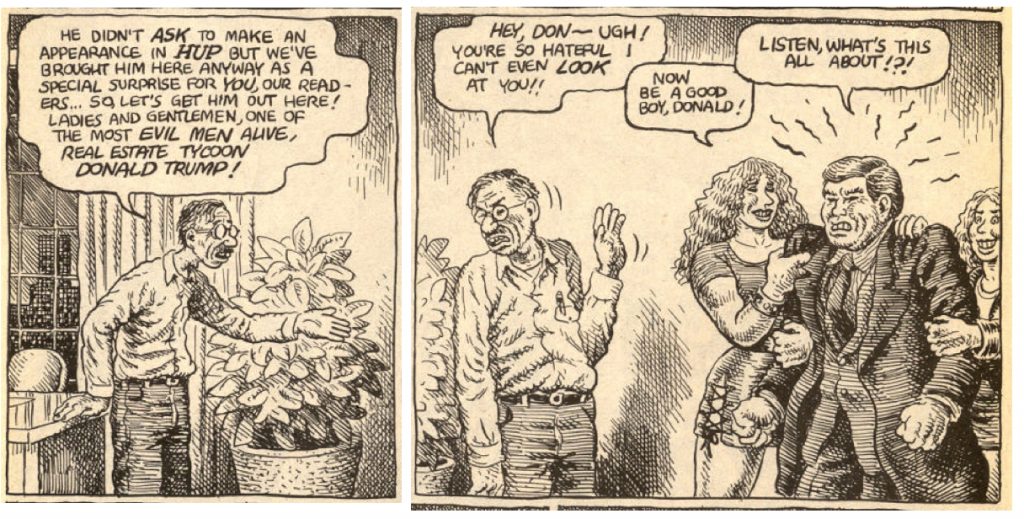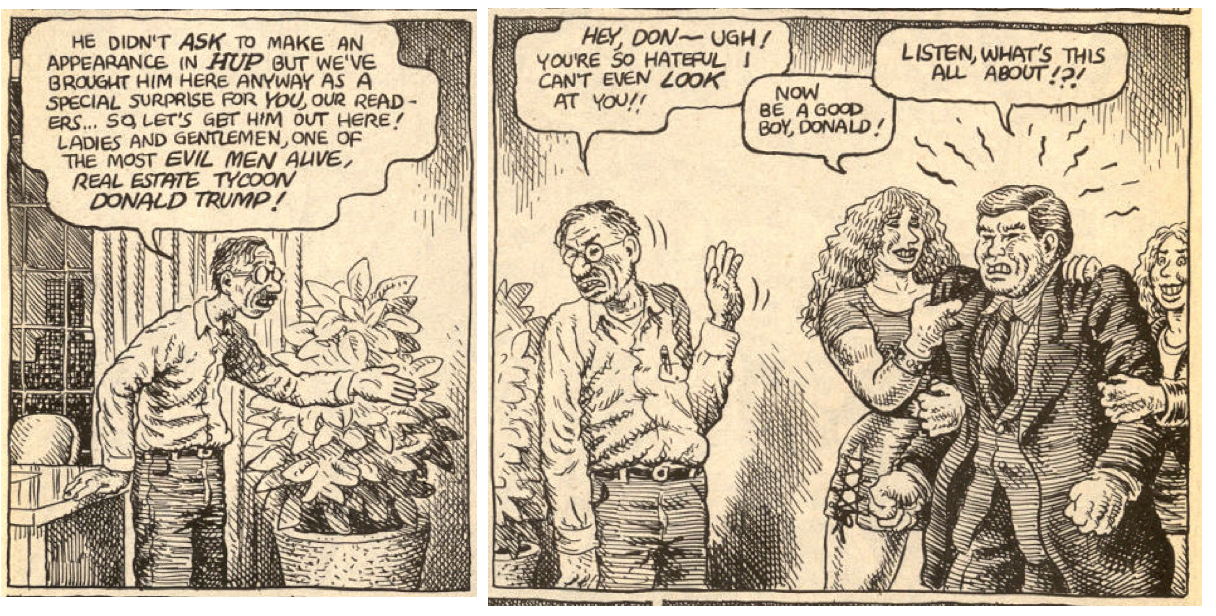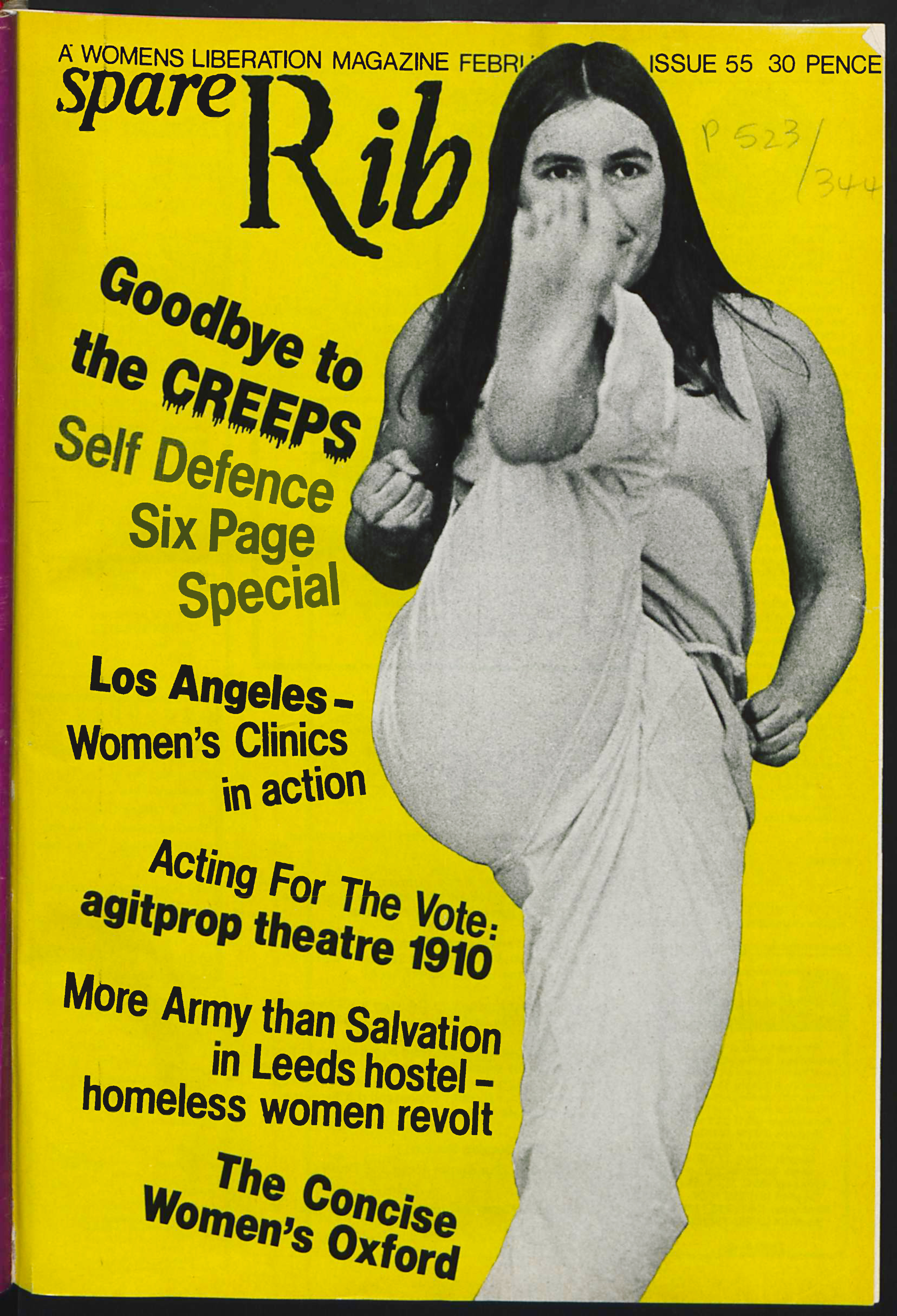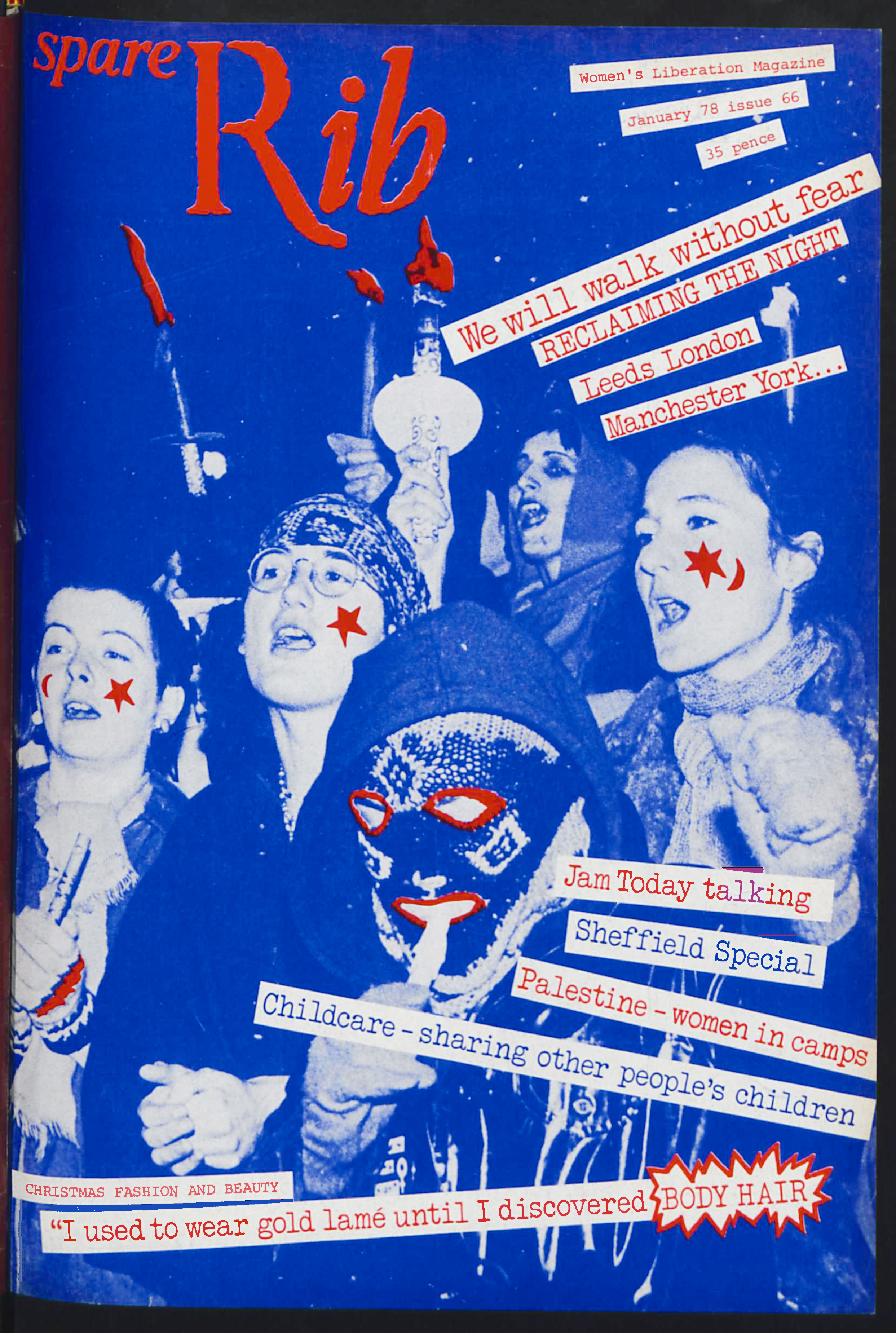Noam Chomsky is optimistic. Yes, the world seems to teeter on the brink of… well, name your dystopian scenario, but Noam Chomsky is optimistic. The same Chomsky who, for decades, has sought to show the myriad ways our most revered institutions are largely sham operations behind which powerful elites conduct secret wars, propaganda campaigns, environmental destruction, and concerted efforts to defraud the people and disable democratic processes… well, he tells us, in a recent interview with James Resnick, that we too “can be very optimistic. Things like this have happened before and they’ve been overcome.”
By “things like this,” the renowned linguist and anarchist political philosopher specifically means astounding levels of wealth inequality and the ascendency, once again, of far-right extremism in Europe and the U.S., a phenomenon he first observed in the years prior to World War II. Chomsky began his career of social and political critique in 1938 at the age of 10, “writing articles for the school newspaper on the rise of fascism in Europe and the threats to the world as I saw them.”
He went on to completely revolutionize the field of linguistics, an achievement that, stunningly, can seem secondary to his political writing and activism, given the sheer number of his books, essays, interviews, and speeches critical of state power, war, and media manipulation over the past several decades. (Some of his books you can read free online here.) I suppose if Chomsky weren’t something of an optimist, he would have given up a long time ago. He tells Resnik what keeps him going:
The things I consider inspiring is seeing people struggling: poor suffering people, with limited resources, struggling to really achieve anything. Some of them are very inspiring. For example, a remote very poor village in southern Colombia organizing to try to prevent a Canadian gold-mining operation from destroying their water supply and the environment; meanwhile, fending off para-military and military violence and so on. That kind of thing which you see all over the world is very inspiring.
Are you inspired? Maybe it depends on how many of these grassroots struggles you’ve witnessed. The worldwide, ground-level resistance Chomsky describes—and refers to again and again in his political work—is largely hidden from us, by a mass media that sees no dollar value in it, or perhaps obscures it for more sinister reasons. As Chomsky has argued since the sixties—most comprehensively in his 1988 Manufacturing Consent with Edward S. Herman—the campaigns of war and economic depredation conducted by the West against minorities, indigenous people, and small nations around the world mostly occur with the consent of Western people: a consent manufactured by a massive propaganda operation called the Free Press.
His position should not sound especially controversial to anyone who has paid the least bit of attention in the last few years. The seeming collusion of respected news organizations like The Washington Post and The New York Times in the push for the second Iraq War led to well over a decade of post-hoc introspection by journalists. Recent months have seen those same organs—for perhaps more baldly profit-seeking motives—provide a couple of billion dollars-worth of free PR for Donald Trump, a candidate who has on multiple occasions threatened to retaliate against the press for any criticism, and who recently revoked the Post’s credentials to cover his events. (A recent Harvard study concluded that during this protracted, ugly primary season, “the press became [Trump’s] dependable if unwitting ally.”)
As in these examples, the role of the British press in spreading fear and misinformation prior to this month’s Brexit vote has become its own significant story. We constantly see the press turning in agonized circles, trying to come to grips with its complicity in pushing various agendas. Whether or not mainstream media organizations take direct orders from government bodies or economic elites, they accede to the interests of the powerful all the same, and they wield enormous influence over a voting public who depend upon them for information. The situation presents a serious problem for the health of a functioning democracy, which itself depends upon an informed and educated electorate.
But as Chomsky has often argued—drawing as always on primary sources and directly quoting the West’s most influential political philosophers, policy architects, and business leaders—elites since the 17th and 18th centuries have intentionally thwarted the ability of the public to make informed decisions, and have shut the populace out of the most important decision-making processes. As he wrote in his 1999 critique of Neoliberalism, Profit Over People, “the general population must be excluded entirely from the economic arena, where what happens in the society is largely determined. Here the public is to have no role, according to prevailing democratic theory.”
Chomsky follows this line of reasoning in his talk “When Elites Fail,” at the top of the post, delivered as the keynote address for the Ecoconvergence Conference in Portland, Oregon in 2009. You can also hear this talk, along with 19 others, in the Spotify playlist just above—a total of 24 hours of Chomskyan social, political, and economic analysis, delivered by the man himself in his calm, measured, understated way. (If you need Spotify’s free software, download it here.) Chomsky addresses “The Tyranny of Corporations,” the “U.S. Media as Propaganda System,” “Politics and Language,” “Iraq: The Forever War,” and more—levying criticisms against the systems of power, whether Republican, Democratic, or international, that doggedly seek to increase their domains and, in the approving words of James Madison, to “protect the minority of the opulent against the majority.”
Related Content:
Noam Chomsky on Whether the Rise of Trump Resembles the Rise of Fascism in 1930s Germany
Clash of the Titans: Noam Chomsky & Michel Foucault Debate Human Nature & Power on Dutch TV, 1971
Read 9 Free Books By Noam Chomsky Online
Josh Jones is a writer and musician based in Durham, NC. Follow him at @jdmagness







